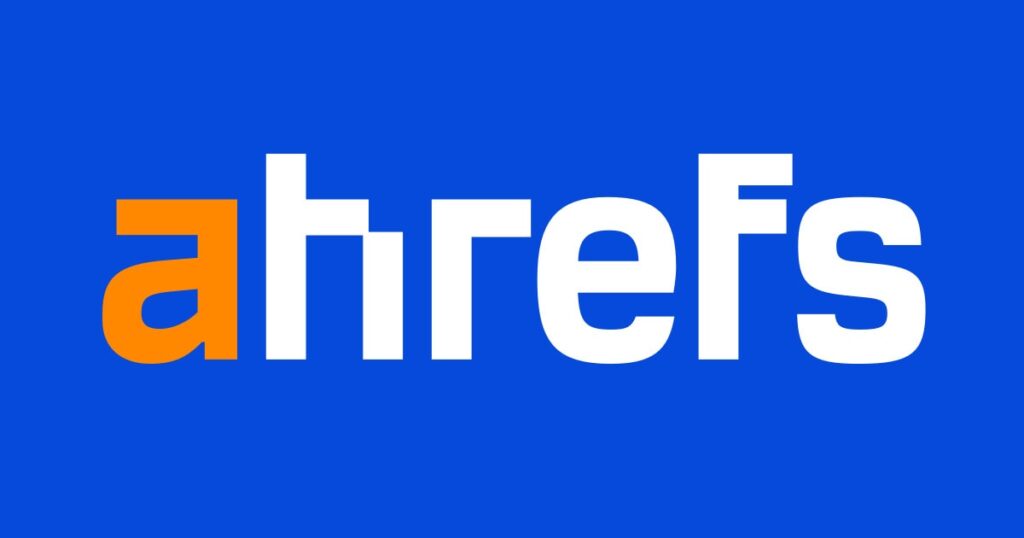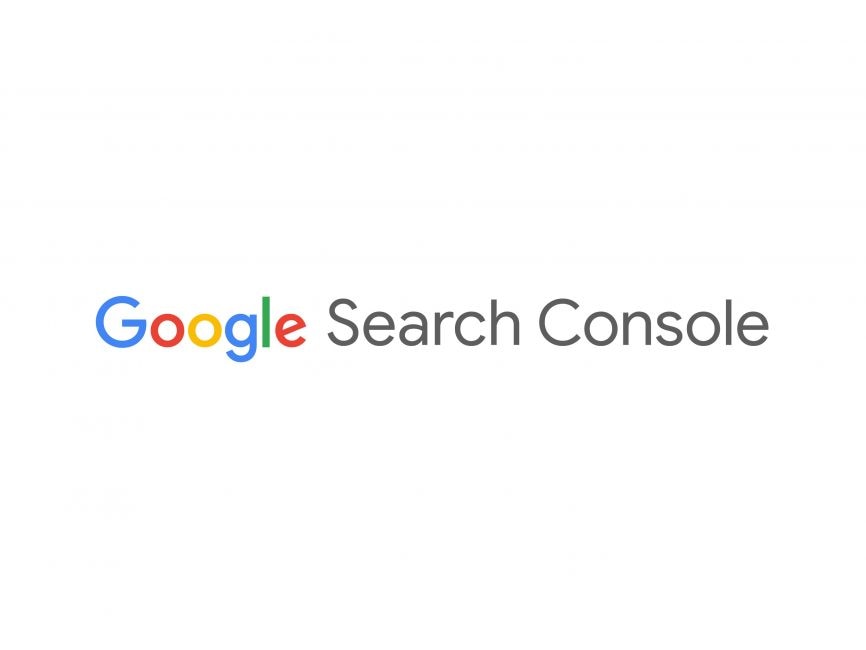
What is an SEO Tool?
An SEO tool is something that you use to improve some aspect of a search engine optimization campaign. These tools serve many different functions including search query analytics, AI-driven content optimization, reporting automation, and website performance analyses. In this article we will discuss the top 5 SEO analysis tools for digital marketers.
There are different types of tools that help you analyze the different aspects of a website. They are listed below-
SEO Audit Tools
As the name itself suggests, these tools are designed to perform analysis of one or more metrics related to search engine optimization efforts.
Keyword Research Tools
The main focus of keyword research tools is reporting on the search metrics of keywords. In other words, these tools help one to identify keywords to target.
Rank Trackers
These tools can perform general keyword research, but the main focus of such tools is monitoring how well specific web pages or domains rank for individual keywords.
All-in-one Tools
These tools have many features but their range of tools is more comprehensive.
What makes an SEO tool great is a little complicated thing to crack. Below is a criterion that can be used to determine which tools are the best for digital marketers.
- SEO-centric functionality
Every tool included should possess features pertinent to aspects of search engine optimization. They ought to align with one of the aforementioned categories, excelling in specific functions such as analyzing keywords, diagnosing on-page performance issues, reporting on website metrics, generating content ideas, or conducting analyses of competitors.
- Value
For tools with specialized functions, their effectiveness should warrant the cost of subscription, especially for users who also have access to more wide-ranging tools. Similarly, tools that offer a broad range of features should provide a comprehensive suite that justifies their price. In general, paid tools are expected to offer more utility and advanced features compared to free alternatives.
- User Experience
The focus here is on the simplicity of integrating, mastering, and utilizing the tool. The tool must be user-friendly enough to enable users to comfortably navigate and utilize all its features, even in more sophisticated tools. This ease of use should prevent users from feeling compelled to revert to more familiar but less capable tools due to a steep learning curve.
Top 5 SEO analysis tools for digital marketers
Semrush

Semrush is the best tool for rank tracking which is scalable enough to handle virtually all performance monitoring needs for SMBs and enterprises. It is widely regarded as the gold standard in SEO and marketing tools.
The platform offers a comprehensive suite of tools that assist in improving online visibility and discovering marketing insights. Semrush’s functionalities are broad, covering SEO, content marketing, competitor research, PPC, and social media marketing.
Pros
- Customized dashboard
- Enterprise-level functionality
- Keywords tracking tools
Cons
- Expensive
Ahrefs

The next platform on the list of the top 5 SEO analysis tools for digital marketers is Ahrefs. It is a go-to tool for competitor analysis. As a rank tracker, it has many of the same features as Semrush. One can monitor specific web pages or domains to see how they rank for different keywords over time.
The platform is mainly known for its backlink analysis capabilities. It is a toolset for SEO and marketing running on Big Data. Ahref is a great tool that caters to content optimization and keyword research.
Pros
- Accurate data
- Detailed keyword analytics
- Affordable
Cons
- Limited reported tools
- Tool suite is limited to analysis and monitoring
SEOClarity
Another prominent contender in the realm of top SEO analysis tools for digital marketers is SEOClarity. This platform stands out for its comprehensive SEO management capabilities. It’s highly regarded for its deep data insights and machine learning technology, which powers advanced analytics and customized reporting.
SEOClarity excels in providing actionable insights through its AI-driven data analysis. This makes it an invaluable asset for large-scale SEO operations, especially for enterprise-level companies. The platform integrates various aspects of SEO, from keyword research and content strategy to technical audits and competitor analysis.
Pros
- Comprehensive SEO management platform suitable for large-scale operations.
- Advanced analytics powered by AI and machine learning.
Cons
- Expensive
- Can be overwhelming for beginners
Surfer

Surfer is the best SEO tool for beginners which emerges as a notable tool in the lineup of top SEO. It differentiates itself with its unique content editor feature, which provides live feedback and suggestions to optimize content for specific keywords. Additionally, the tool includes a robust site auditor that helps identify technical and on-page SEO issues.
If you are a content creator, Surfer might be of great help to you. It enhances the quality and search engine relevance of the web content. The tool has a user-friendly interface and actionable insights making it a popular choice for those aiming to improve their on-page SEO skills.
Pros
- Exceptional for on-page SEO analysis and content optimization.
- User-friendly interface with real-time, data-driven suggestions.
Cons
- Focused on on-page SEO
- Subscription plans are costly.
Google Search Console

Google Search Console is one of the best SEO tools for digital marketing. It is a fundamental tool in the arsenal of SEO analysis tools for digital marketers. What sets Google Search Console apart is its ability to provide direct feedback on how Google views your site. It offers crucial data on search traffic, performance, and issues affecting your site’s visibility in search results.
The key features of the platform include the ability to see which queries bring users to your site, the ability to check and fix indexing problems and view backlink data. It is very useful for monitoring a site’s performance in real-time, and understanding how Google’s search engine perceives your site.
Pros
- Free
- Useful for tracking website search traffic
- Resolves issues like indexing and visibility
Cons
- Requires a certain level of SEO knowledge
- Limited in scope
